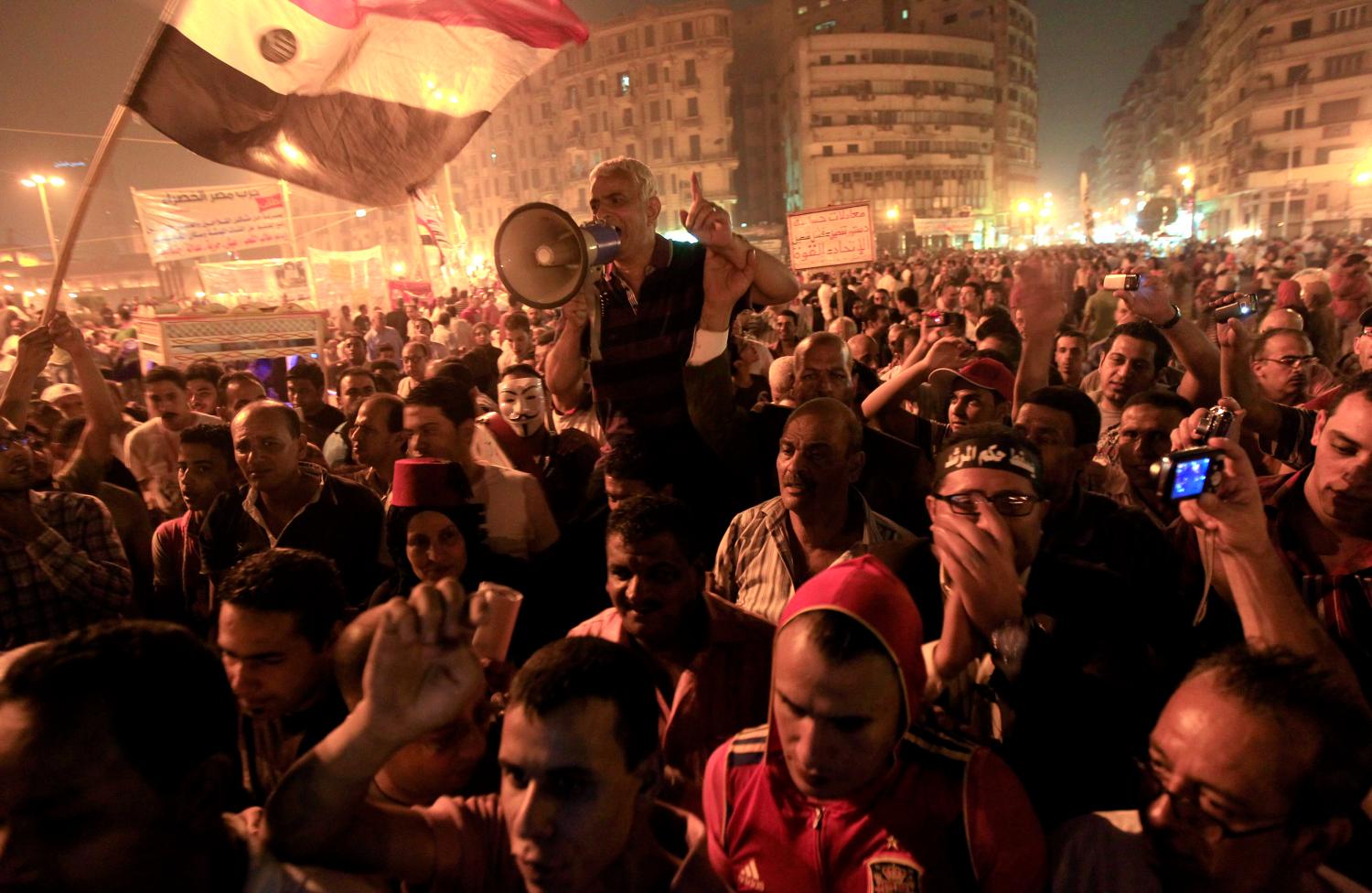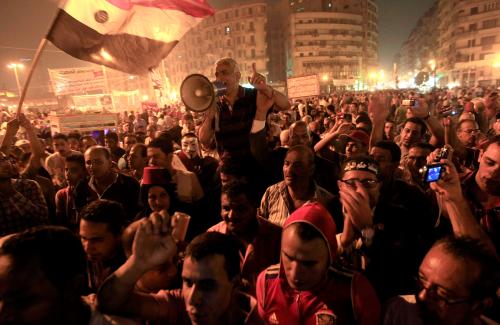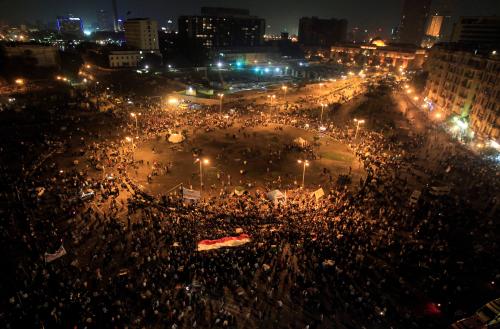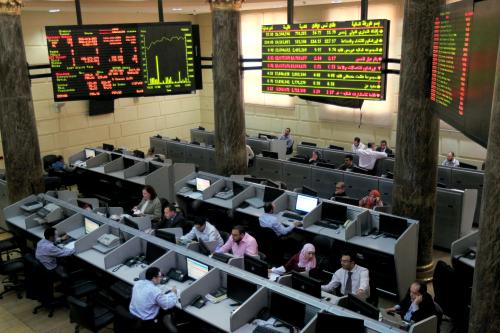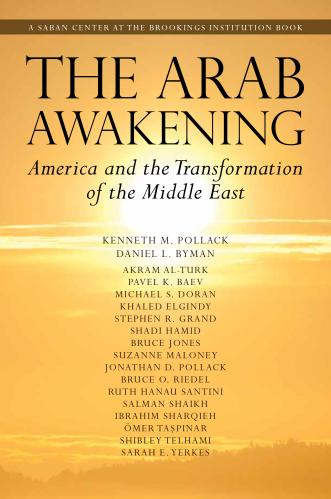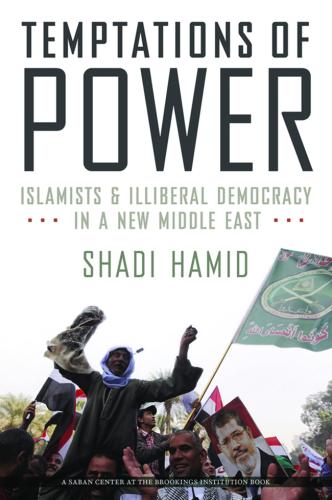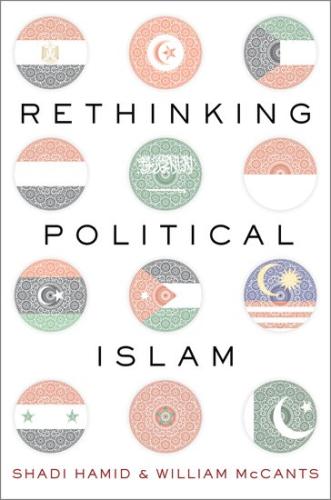Content from the Brookings Doha Center is now archived. In September 2021, after 14 years of impactful partnership, Brookings and the Brookings Doha Center announced that they were ending their affiliation. The Brookings Doha Center is now the Middle East Council on Global Affairs, a separate public policy institution based in Qatar.
Summary:
Tunisia, Egypt, and Libya have all held relatively successful elections, ushering in parliaments and governments with popular mandates. Tunisia and Egypt also saw landslide Islamist victories, provoking fear among both Arab liberals and the international community, particularly in the West. Libya, which saw a surprising showing for a more liberal grouping, presents a critical case of a political community being created almost literally from scratch.
With three ongoing transitions, the Brookings Doha Center’s second “Transitions Dialogue”—which took place on May 29-31, 2012—provided a venue for addressing the tensions that threaten prospects for successful transitions. Seeking out shared lessons from each country case, the working group brought together a diverse group of mainstream Islamists, Salafis, liberals, and leftists, along with U.S. and European officials, to discuss issues of economic recovery, civil society development, regional security, and the role of the United States and other international actors.
Download » (English PDF)
Download » (Arabic PDF)
Read other publications from the 2012 U.S.-Islamic World Forum »


